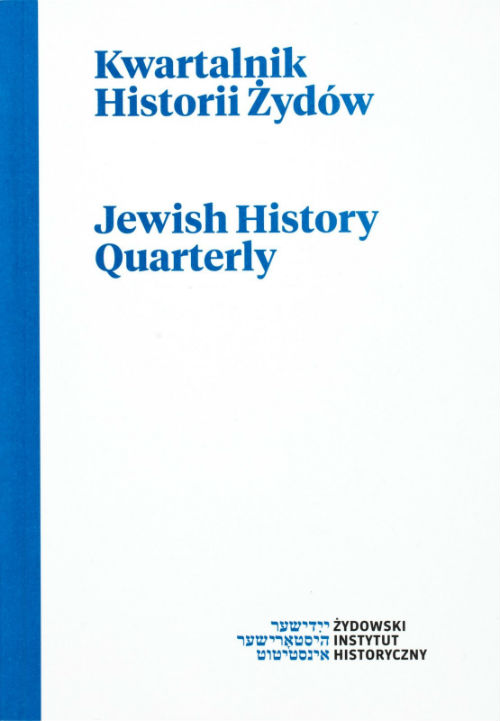Po Wojnie – Całkiem Nowy Świat?
After the War – A Completely New World?
Author(s): Frank GolczewskiSubject(s): History
Published by: Żydowski Instytut Historyczny
Keywords: Jews; Poles; People’s Republic; territorial change; nation state; (forced) migration; homogenization; “Jewish question”
Summary/Abstract: The article looks at how attitudes formed both before and during the war influenced the situation after 1945 – with special focus on the Polish-Jewish relationship. Nation states demanded a homogeneous national structure as matter of course and regarded nationally mixed populations as a danger. Homogenization, forced migration and transforming cultural affiliations became accepted tools for all parties concerned. This did not change after the war. In Poland, the situation was extremely complicated. Both lost and acquired territories had to be emptied or settled. The homogenization of the population was complemented by specific efforts to give a consciously Jewish community some leeway. Non-communist Poles sought to return to the pre-war state of politics, when anti-Semitism was a generally accepted political stance. In this light, it is examined if Jews were really privileged in Poland and whether the pro-Moscow regime was friendly or unfriendly towards them. In the final analysis, I reach the conclusion that the situation was ambivalent, which may not be a lot, but it does suggest the potential for further research on this complex topic.
Journal: Kwartalnik Historii Żydów
- Issue Year: 246/2013
- Issue No: 02
- Page Range: 197-204
- Page Count: 8
- Language: Polish

